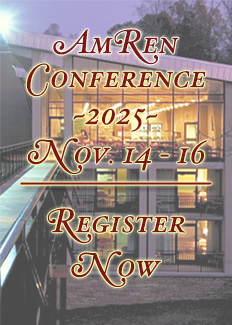D.C. Tries Cash As a Motivator in School
V. Dion Haynes and Michael Birnbaum, Washington Post, August 22, 2008
D.C. Schools Chancellor Michelle A. Rhee announced plans yesterday to boost dismal achievement at half the city’s middle schools by offering students an unusual incentive: cash.
For years, school officials have used detention, remedial classes, summer school and suspensions to turn around poorly behaved, underachieving middle school students, with little results. Now they are introducing a program that will pay students up to $100 per month for displaying good behavior.
Beginning in October, 3,000 students at 14 middle schools will be eligible to earn up to 50 points per month and be paid $2 per point for attending class regularly and on time, turning in homework, displaying manners and earning high marks. A maximum of $2.7 million has been set aside for the program, and the money students earn will be deposited every two weeks into bank accounts the system plans to open for them.
The system has 28 middle-grade schools. Rhee will select the schools to participate in the pilot program.
{snip}
Costs of the incentive will be split almost equally between the school system and Harvard’s American Inequity Lab, which studies poverty and race issues. The program, Capital Gains, will be run by Roland G. Fryer Jr., an economics professor with the lab. Fryer also operates a pilot program in New York City public schools.
In justifying the program, Mayor Adrian M. Fenty (D) said the city has spent an inordinate amount on a school bureaucracy over the years that has failed students. Instead, he said, why not direct some of the cash to the students.
{snip}
A cash-incentive program that pays high school students as much as $500 for earning a 3 or more on an Advanced Placement test has been launched in Alabama, Arkansas, Connecticut, Kentucky and Virginia.
A study of the program released yesterday by a Cornell University economist said the incentive resulted in higher scores and an increase in the number of students attending college.
Alfie Kohn, an independent researcher whose book, “Punished by Rewards,” details the downside of such programs, said incentives “undermine the very thing you’re trying to promote by getting them hooked on the rewards.”
{snip}
District middle-schoolers, often trapped in violent and academically weak campuses, typically flee the system in higher proportions than other groups, school officials said. Thirty-six percent of the city’s middle-grade students are proficient in reading, and 33 percent are proficient in math, Rhee said.
The schools need to focus on “how we can ensure that students are engaged, that they are invested in their education,” Rhee said. “I think it’s incredibly important to make sure students take ownership of their learning.”
{snip}
“The kids unquestionably love it. Whether that is translating into higher performance, I can’t tell you for a fact” until a report is released in October, said David Cantor, spokesman for the New York Department of Education. The program, funded by private donations, cost $400,000 last year.
A program in Virginia is paying students for passing AP scores at 14 high schools in rural and high-poverty areas across the state.
{snip}
[Editor’s Note: Read about a similar New York program that has recently been discontinued here.]
















